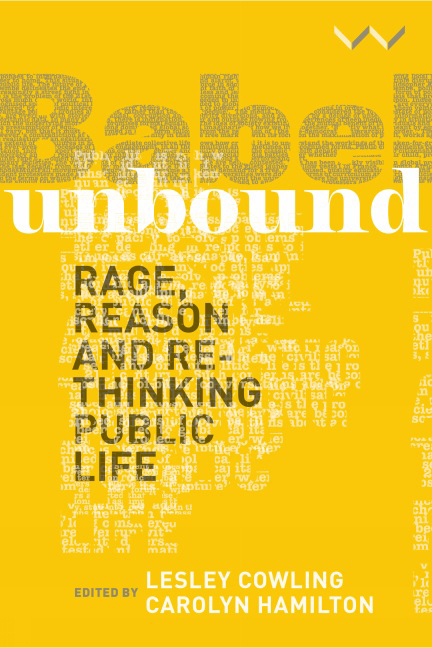Book contents
- Frontmatter
- Contents
- Acknowledgements
- Introduction
- Chapter 1 Rethinking Public Engagement
- Chapter 2 Tracing Public Engagements in Visual Forms
- Chapter 3 Media Orchestration in the Production of Public Debate
- Chapter 4 Fluid Publics: The public-making power of hashtags in digital public spaces
- Chapter 5 ‘Now We See Him, Now We Don’t’: The media and the ‘Black Pimpernel’
- Chapter 6 Archive and Public Life
- Chapter 7 Iconic Archive: Timbuktu and its manuscripts in public discourse
- Chapter 8 The Politics of Representation in Marikana: A tale of competing ideologies
- Chapter 9 Art-Rage and the Politics of Reconciliation
- Chapter 10 Anger, Pain, and the Body in the Public Sphere
- Contributors
- Index
Introduction
Published online by Cambridge University Press: 10 September 2020
- Frontmatter
- Contents
- Acknowledgements
- Introduction
- Chapter 1 Rethinking Public Engagement
- Chapter 2 Tracing Public Engagements in Visual Forms
- Chapter 3 Media Orchestration in the Production of Public Debate
- Chapter 4 Fluid Publics: The public-making power of hashtags in digital public spaces
- Chapter 5 ‘Now We See Him, Now We Don’t’: The media and the ‘Black Pimpernel’
- Chapter 6 Archive and Public Life
- Chapter 7 Iconic Archive: Timbuktu and its manuscripts in public discourse
- Chapter 8 The Politics of Representation in Marikana: A tale of competing ideologies
- Chapter 9 Art-Rage and the Politics of Reconciliation
- Chapter 10 Anger, Pain, and the Body in the Public Sphere
- Contributors
- Index
Summary
It has been an article of faith in modern societies that in order to live together, we need to talk to one another. The premise is that, through dialogue, communities can mediate different needs, solve pressing problems, decide on leaders and come to some consensus on issues that confront collective life. Public life is rich with activity: arguments expertly laid out in formal arenas, spectacles that unsettle our taken-for-granted convictions, and nuanced cultural engagements designed to provoke reflection. But this imagined foundation for how we live collectively seems to have suffered a dramatic collapse. All over the world, dialogue seems impossible across partisan politics and religious divides. Many societies appear to have lost the capacity to solve problems through talk – whether deciding on responses to international crises, such as climate change, human rights abuses and nuclear proliferation, or resolving local issues closer to home. This situation has evoked global confusion and alarm, with analysts unable to fully explain the multiple disruptions to public life. The future of public discussion as a mediating force in society cannot be taken for granted. And the stakes are high. Arguably, the greatest challenge of our times is how we address the global climate emergency in this context, a problem that requires collective engagement and decision-making on a global level.
Political philosopher Achille Mbembe delineates the end of a world in which the articles of faith of modern democracies have held sway. For Mbembe, politics is increasingly a street fight in which reason and facts matter less and less: ‘Whether civilisation can give rise to any form of political life is the problem of the 21st century.’ Such concerns are becoming the substance of public conversations about a crisis that prevails across much of the world. Information, evidence and facts needed to inform decisions and choices cannot be relied upon.
Indeed, the recognised spaces of political life seem largely to have been ceded to global capitalism: states, their sovereignty eroded, are everywhere ‘captured’ by economic interests. ‘Capture’ refers to the reach of power into democratic institutions in order to make them vehicles to advantage political cronies and elites, rather than the broad ‘people’.
- Type
- Chapter
- Information
- Babel UnboundRage, Reason and Rethinking Public Life, pp. 1 - 20Publisher: Wits University PressPrint publication year: 2020



